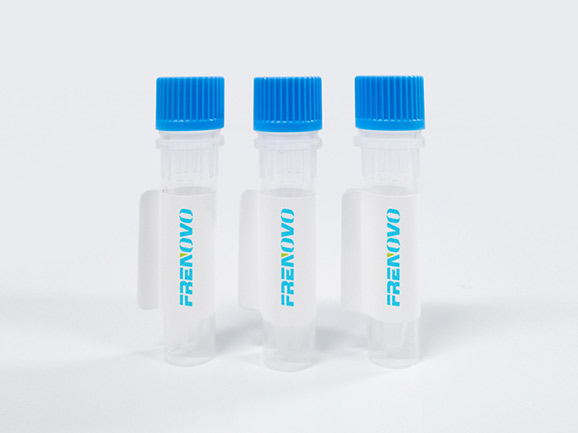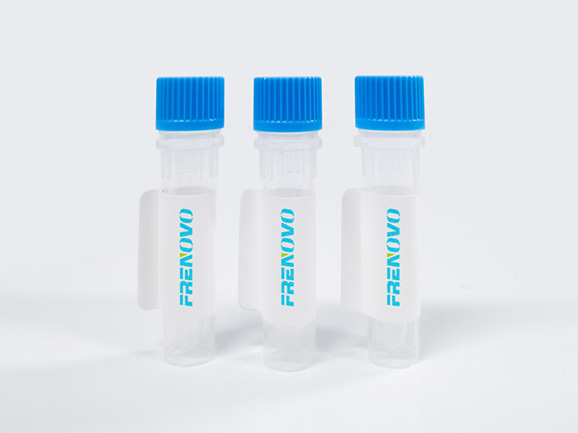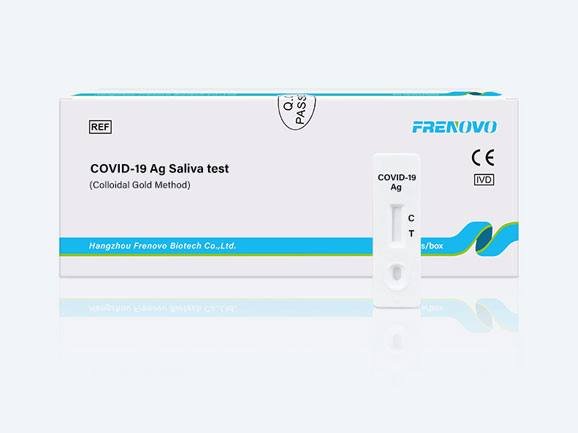Antigens refer to substances that can stimulate the body to produce an immune response and combine with the immune response product antibodies and sensitized lymphocytes to produce immune effects. The COVID-19 anti gen test kit is based on the basic principle of antigen-antibody reaction. By preparing specific antibodies against specific antigenic epitopes and combining with viral structural proteins in vitro to form immune complexes, the COVID-19 virus in specimens can be detected.
The structural proteins of COVID-19 include S protein, N protein, M protein and E protein; the structural proteins that play an important role in inducing host immune response and pathogenesis are often used as target proteins for antigen detection, such as N protein.
The COVID-19 anti gen test kit is aimed at the detection of the pathogen itself, which can detect whether the human body contains the virus in the early stage of the disease, thereby providing direct evidence of viral infection.
Applicable sample types for antigen detection reagents are generally infected site samples, such as oropharyngeal swabs and nasopharyngeal swabs.
Daily question: Why did it take so long for the COVID-19 ag test kit to be launched?
The development of COVID-19 ag test kits requires the acquisition of antibodies with high sensitivity and specificity. There are many difficulties in the selection and preparation of such antibodies, which take several months or even longer, thus prolonging the time to market.
In addition, ag test kits have inherent limitations:
1. The biggest disadvantage of COVID-19 antigen detection is the low detection sensitivity, so it is only suitable for acute infection with high viral load.
2. Certain components in the transport medium may have an impact on virus detection.
3. Due to the above reasons and other interference factors, false negative and false positive results may occur during the detection process.
Three methods of COVID-19 detection: nucleic acid, antibody and ag test kits have their own advantages and suitable timing.
Early detection and early treatment of COVID-19 cases are crucial to the prevention and control of the epidemic. The adoption of standardized diagnostic procedures and rapid and sensitive detection methods is the key to timely detection of cases and control of the epidemic.
For specific cases and specific purposes, it is necessary to select appropriate sampling time, sample types, and detection methods, and to accurately judge and reasonably interpret the test results in combination with epidemiological history and clinical symptoms.


